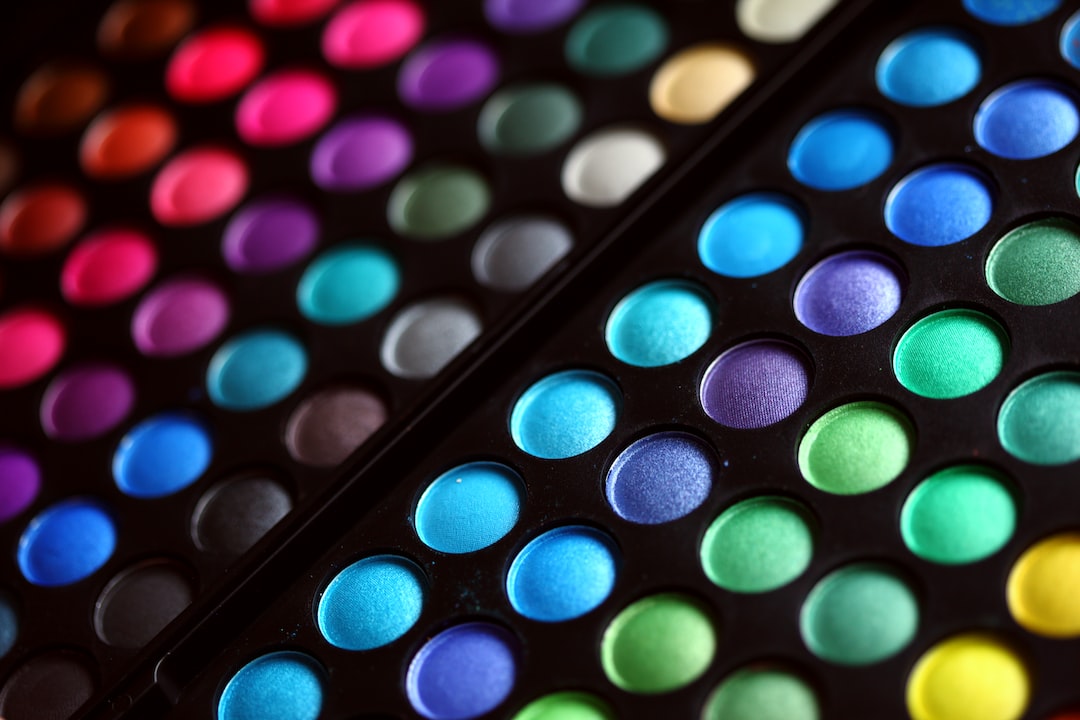The Truth about Parabens and their Role in Cosmetics
In recent years, there has been a surge in concern surrounding the use of parabens in cosmetics and personal care products. Paraben-free labels can now be found on numerous products, from shampoos to skincare items. But what exactly are parabens, and why have they become so wildly debated?
First and foremost, parabens are a type of chemical preservative used in the beauty industry for decades. They have proven to be effective in preventing the growth of bacteria, mold, and yeast, which can deteriorate the quality and safety of cosmetic products over time. Parabens have the ability to extend the shelf life of products, avoiding the need for frequent replacement and reducing the risk of contamination.
However, parabens have gained notoriety due to claims that they may be linked to adverse health effects. Some studies suggest that parabens can mimic the hormone estrogen, disrupting the endocrine system and potentially leading to reproductive issues and certain types of cancer. These findings have raised concerns among consumers, leading to a growing demand for paraben-free alternatives.
It is crucial to note that the scientific community remains divided on the safety of parabens. Regulatory bodies such as the U.S. Food and Drug Administration (FDA) and the European Union’s Scientific Committee on Consumer Safety (SCCS) assert that the current use of parabens in cosmetics does not pose a significant health risk.
Numerous studies have been conducted to examine the potential dangers of parabens, yet no concrete evidence supporting the claim that they directly cause harm to humans has been found. The levels of parabens present in cosmetic products are significantly lower than the levels that could potentially induce any significant health risks. Additionally, the body efficiently metabolizes and eliminates parabens, reducing any potential long-term accumulation.
Moreover, the FDA and SCCS continue to monitor research and evaluate the safety of parabens. They have set strict limits on the concentration of specific parabens used in cosmetic products. The aim is to ensure that the usage levels of parabens remain well below the threshold that could potentially cause harm to consumers.
However, to cater to the concerns of those who prefer paraben-free options, the beauty industry has responded with a wide range of alternatives. Natural preservatives such as grapefruit seed extract, rosemary extract, and vitamin E are now commonly used to maintain the stability and longevity of various cosmetic products. These alternatives offer consumers peace of mind without compromising the effectiveness of the products they use.
It is important to recognize that the alleged risks associated with parabens have been blown out of proportion in some cases. Fearmongering and misinformation have fueled public apprehension, leading many to believe that parabens are categorically harmful. This oversimplification fails to capture the complexity of the issue and disregards the extensive research conducted by regulatory bodies worldwide.
Critics argue that replacing parabens solely based on public fear, rather than scientific evidence, may inadvertently introduce preservatives that are less effective or potentially have unknown risks. The availability of viable alternatives has provided the beauty industry with the opportunity to cater to various consumer preferences without compromising product safety.
In conclusion, while the debate about parabens in cosmetics remains ongoing, the scientific consensus is that parabens, when used within approved limits, do not pose a significant health risk. The decision to use products with or without parabens ultimately lies with the consumers, who should be properly informed about the scientific evidence and regulations in place. Regardless of personal preference, consumers can feel confident that regulatory bodies are overseeing the safety of cosmetic products, ensuring that the products available on the market meet stringent standards.

